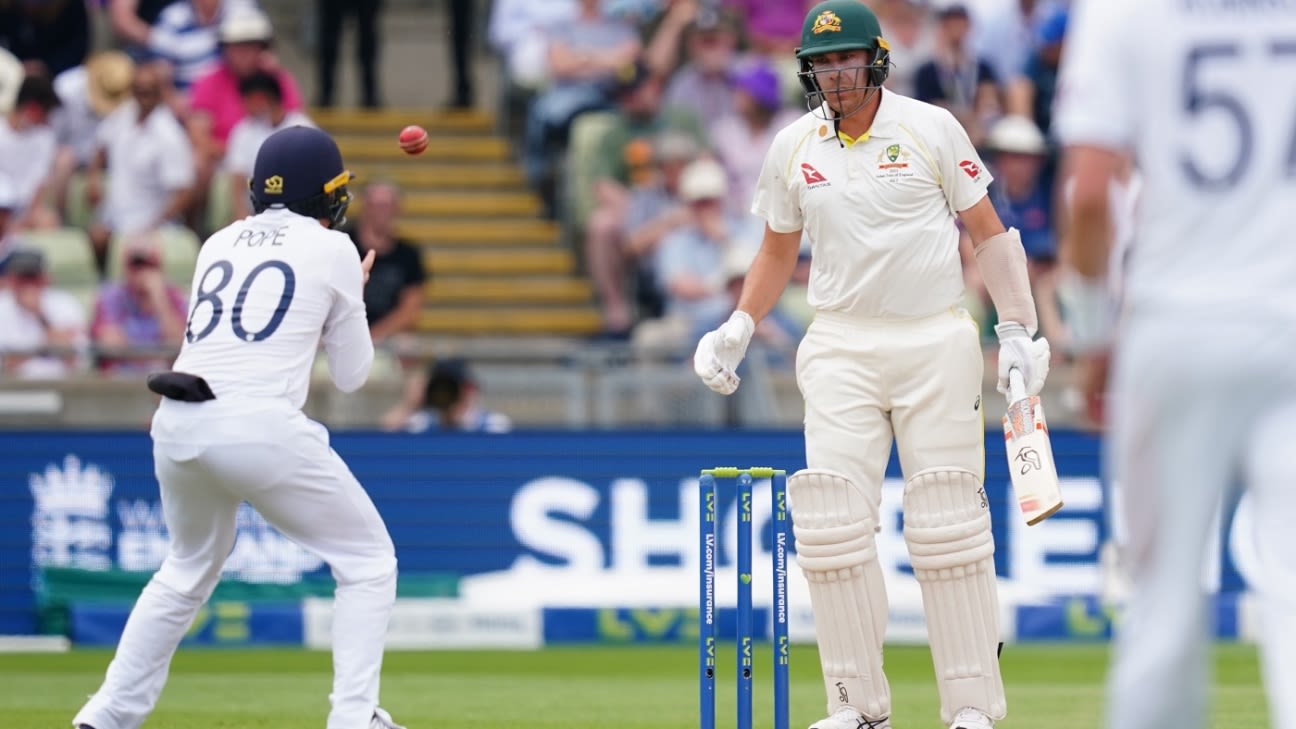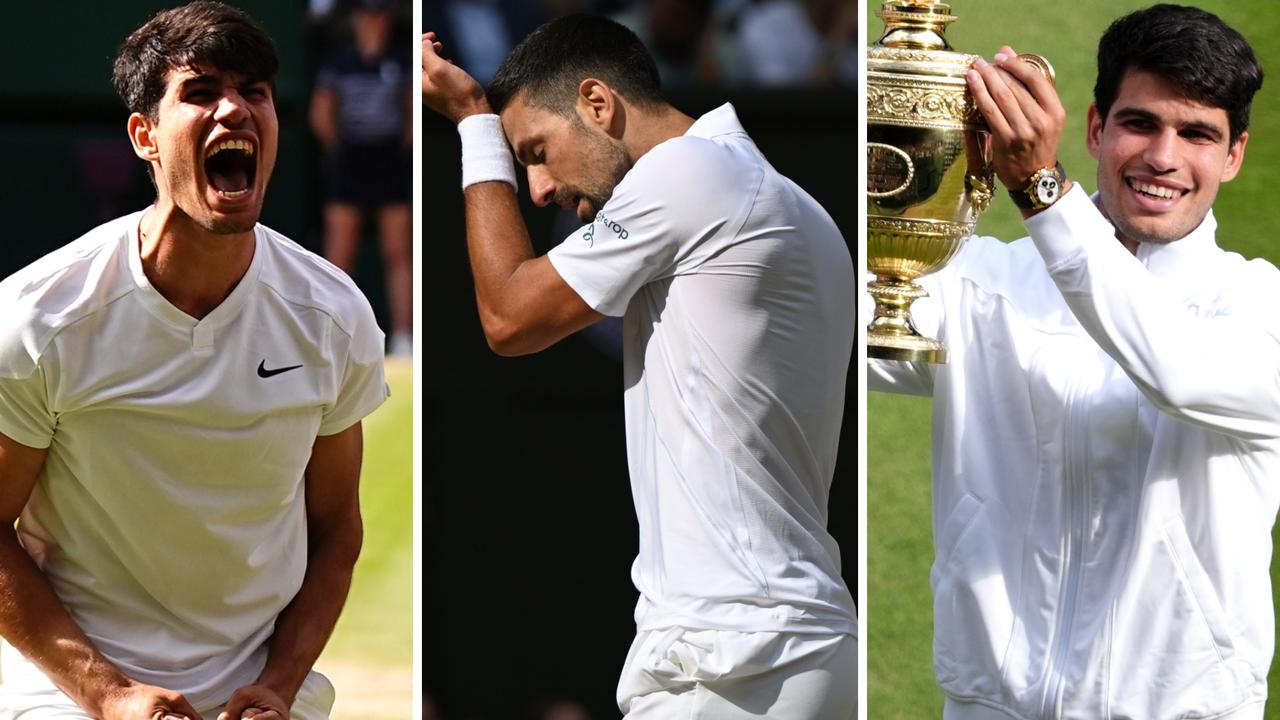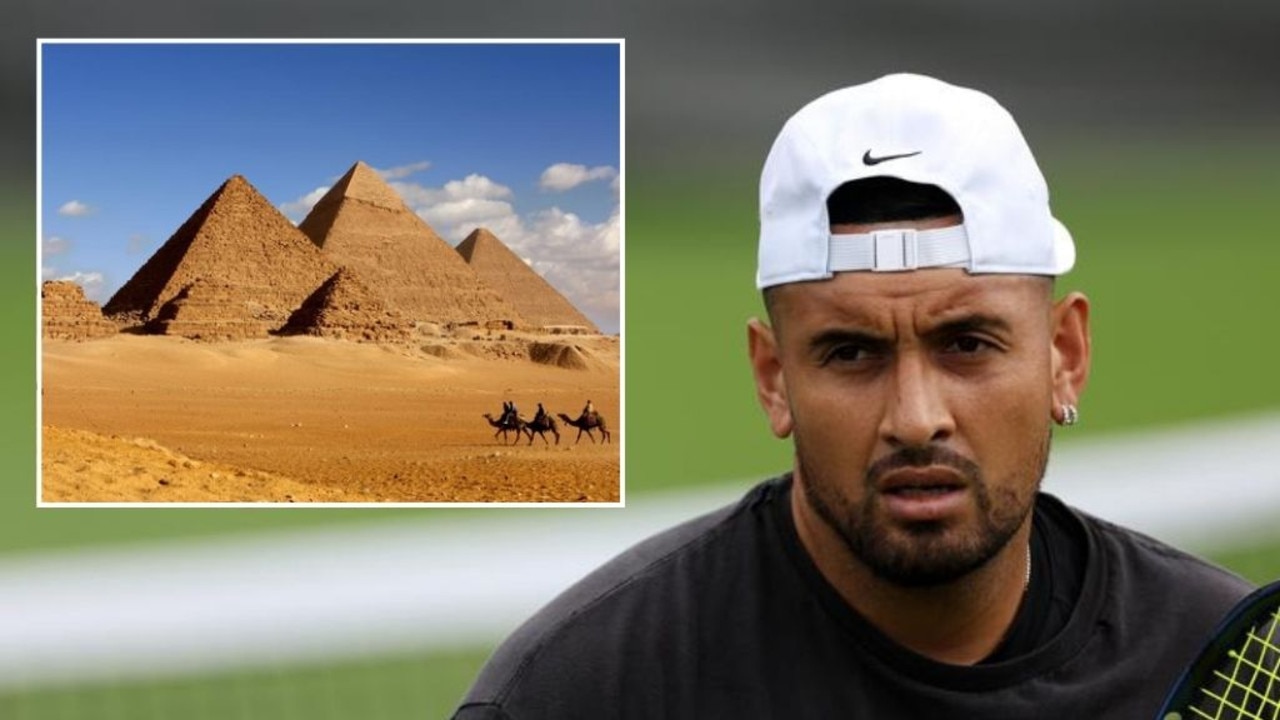Nathan Lyon, batting at least one spot higher than he normally would, hooked to deep square leg and Scott Boland fended to silly point as Ben Stokes’ field surrounded the No. 10. With last man Josh Hazlewood for company, Cummins then swung into the deep to end an innings which suggested he could provide important runs in this series after a significant decline in his batting returns.
“It’s something we spoke about as a group,” Robinson said. “We said once we get past Cummins, we feel like they’ve got three No. 11s. It’s something that we can target through the series and try and wrap up their innings quite quick and try and give us that momentum into our batting innings.”
England also approached bowling at the lower order vastly differently to the Australians on the first day, opting to go at them with the short ball which proved effective despite the slowness of the surface.
“I think it’s pitch dependent, really,” Robinson said of the tactic. “Obviously Pat Cummins is a really good player and I think we felt like bowling full to their tail would give them a chance to maybe score some more runs, so it’s a wicket ploy, but also it’s harder to score when it’s two-paced.”
On the first day, Hazlewood had said there was “nothing there” for the bouncer, but Australia may reassess their plans if or when they reach England’s lower order in the second innings
“I’m sure the strategy group will come up with a plan knowing what we know now with the wicket,” Alex Carey said. “Hopefully spin can play a big role for us tomorrow. Thought Gaz bowled outstandingly in the first innings and there’s probably a little bit more on offer for him now as well. It’s up to the attack, the leadership group, to come up with a plan to run through their tail hopefully.”
The highest successful chase at Edgbaston is England’s Bazball-inspired 378 for 3 against India last year, but before that it was South Africa’s 283 for 5 in 2008.








